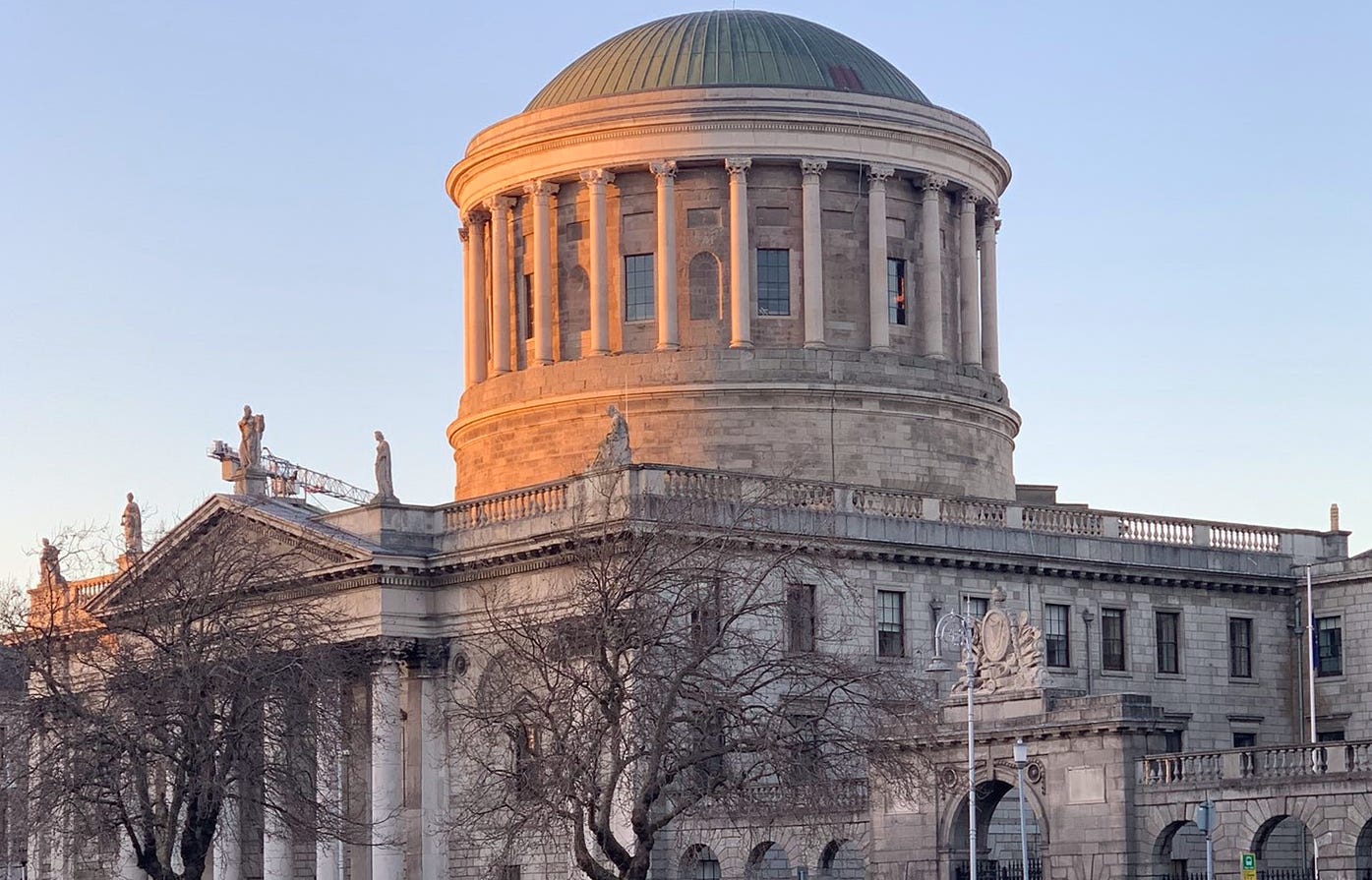The alteration and, in particular, extension of existing Planning Permissions is 'bread and butter' work for many planners, whether in private practice or in Planning Authorities. This area of work will see significant change within the next 2 – 5 years. The only question will be to what extent.
For clarity I refer below to 'amendments' and 'extensions' separately in respect of the current legislation and, later, to 'alterations' the word used in the new legislation to include both amendments and extensions. References to statute are to the Planning and Development Act 2024 (“the new Act”) unless otherwise stated.
I look at the present statutory position and some case law and, for paid subscribers, relevant provisions of the new Act and their vulnerability to a challenge under EU law.
The Present Statutory Position
Amendment
The present Planning and Development Act 2000 (“PDA 2000”) makes very limited provision for the alteration of existing Planning Permissions. Section 146A PDA 2000 provides for amendment by a Planning Authority or An Bord Pleanála of its own decision for the purposes of;
correcting a clerical error
facilitating works which may be reasonably regarded as contemplated by a Permission but which are not expressly provided for
“otherwise facilitating the operation of the permission or decision”
Section 146A(2) PDA 2000 prohibits such amendment where it would, in the opinion of the Planning Authority or the Board, result in a material alteration of the terms of the development.
The scope of s146A PDA 2000 is narrow and in South-West Regional Shopping Centre Promotion Association v ABP [2016] IEHC 84 the Court identified an implied power of alteration through a further application and new grant of Planning Permission. Costello J said that if such a procedure was not possible, the planning system would be burdensome and unworkable.
Extension
Section 42 PDA 2000 requires a Planning Authority to extend the 'appropriate period', the time in which the works authorised by a Permission must be completed (by default five years, s40 PDA 2000), by an additional period not exceeding five years where each of the following conditions are satisfied;
the development has commenced prior to the expiry of the existing appropriate period
“substantial works” have been completed
the development will be completed within a reasonable time
Although the Planning Authority has discretion as to whether the conditions are satisfied, where it does consider that they are satisfied the Authority is required to extend the Permission, although it then has a further discretion as to the length of the additional period.
The extent of the Planning Authority's discretion under s42 has recently been described as “limited” (Grassridge, see below, para 35).
Grassridge v Dún Laoghaire-Rathdown County Council [2024] IEHC 669
Grassridge illustrates the limited and less than straightforward nature of the present amendment and extension procedure.
Grassridge concerned a dispute between the Planning Authority and the developer as to whether “substantial works” had been completed.
The developer sought a two year extension to a Permission. DLRCC refused to extend stating that the works completed were not “substantial” by reference to the entirety of the permitted works. There is no appeal to the Board upon a refusal under section 42 (para 13) and the developer sought Judicial Review.
The High Court held that the criteria by which DLRCC had assessed 'substantiality' were correct in law (para 39). The substantiality of works completed is not considered “in vacuo” (paras 36, 39 and 75).
Finally, it's worth noting that the latest (last?) expression of the 'Reid litigation' concerning Mr Reid's opposition to Intel's development of its neighbouring semiconductor wafer fabrication facility at Collinstown, just NW of Leixlip, Co Kildare concerned amendment. In Reid v ABP (No7) [2024] IEHC 27 the Court upheld the Board's permission (307806) for relatively minor changes to its earlier permissions 248582 and 304672. (See my Post of 7 February 2024)
Keep reading with a 7-day free trial
Subscribe to Irish Planning and Environmental Law to keep reading this post and get 7 days of free access to the full post archives.


